Vladimír Körner
Nacimiento : 1939-10-12, Prostějov, Československo
Historia
Vladimír Körner (Prostějov, Checoslovaquia, 12 de octubre de 1939) es un novelista, dramaturgo y guionista checo.
Vladimír Körner pasó su niñez en Uhřičice u Kojetína y, tras morir su padre en 1945, vivió en Zábřeh na Moravě con su madre. Se graduó en la Escuela Industrial de Cine de Čimelice y posteriormente (1963) estudió arte dramático en la Escuela de Cine y Televisión de la Academia de Artes Escénicas (FAMU) de Praga.
Trabajó en los Estudios Barrandov, primero como editor de guiones y luego como guionista, actividad a la que se dedicó entre 1970 y 1991, habiendo escrito numerosos guiones tanto para el cine como para la televisión. A partir de 1991 ha consagrado su tiempo fundamentalmente a la literatura. Es académico de la DAMU (Teatro de la Facultad de la Academia de las Artes en Praga).
Körner debutó en la literatura con la novela corta Střepiny v trávě (1964), donde analiza las mentes deformadas —tanto de niños como de adultos— en los años de la posguerra. Su posterior Slepé rameno (1965) se centra en las actividades de la resistencia durante la Segunda Guerra Mundial.
Adelheid, obra de 1967, fue muy bien recibida por la crítica; se ha considerado que representa de forma emblemática el «paisaje después de la batalla» en cuanto a las almas humanas, en este caso las de los checos «victoriosos» frente a las de los «derrotados» alemanes. El carácter existencialista es muy significativo en una de sus trabajos más conocidos, Písečná kosa (1970), en donde el autor aborda los dilemas morales y, en un sentido más amplio, el significado de la existencia.
Otras obras relevantes de Körner son Údolí včel (1975) y Lékař umírajícího času (1984), novela histórica sobre Jan Jesenius y su destino tras la Guerra de los Treinta Años. En Anděl milosrdenství (1988, llevada al cine en 1993), el autor realiza una profunda descripción de la vida de la gente durante el transcurso de la Primera Guerra Mundial, mientras que la novela corta Život za podpis (1989) está enmarcada en el contexto de la Guerra austro-prusiana.
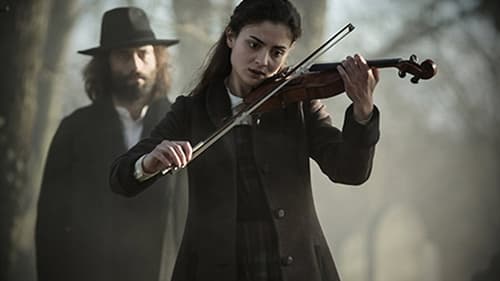
Screenplay

Writer
The nurse Helga meets Baltic nobleman Arno when he's wounded in the Russo-Finnish war. They have a short but passionate affair before Arno is called back to the front and dies. Helga has a daughter, Dorli, as a result of the affair and they have to struggle to survive after the Red Army wins the war.
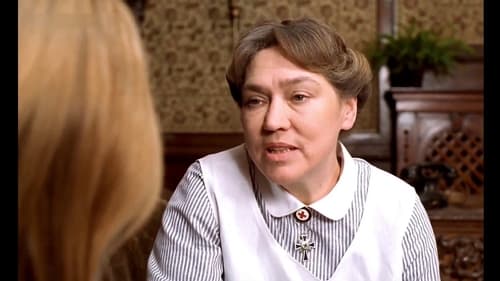
Screenplay
2000. Monika Hilmerová, Michal Sieczkowski, Johana Tesarová, Basado en el caso real del proyecto Lebensborn, en el que jóvenes arias eran educadas especialmente para engendrar hijos de oficiales de las SS nazis. Una joven checa de 16 años, Gretka, es elegida para participar en el programa Lebesborg y es enviada al balneario Isonde, donde conoce al consejero, un joven judío.

Screenplay
The love story between a young widow and an austrian-hungarian army officer during the First World War.

Novel
The love story between a young widow and an austrian-hungarian army officer during the First World War.

Writer
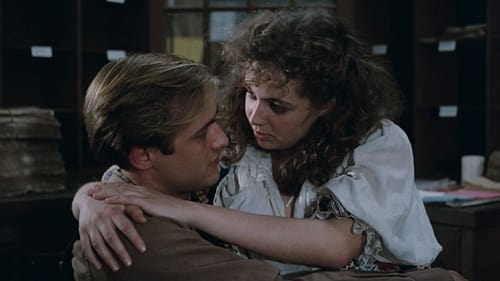
Screenplay
In WWII, Czechoslovakia split into the Slovak State and the Protectorate of Bohemia and Moravia. Former pilot Viktor Lesa works for the Slovak Railway Mail and often comes to the border town of Ludendorf, the former Czech town of Bfeclav. In order to impress a young female colleague, he redirects an important package. The Gestapo shows up in the town and Lesa together with a Jewish clerk, Tichacek, have to run for their lives . They ride a cargo train to Slovakia and they decide to escape to Hungary by crossing the Danube.

Writer
Set in World War 2 as the Germans occupy Czechoslovakia, teenage Emilka's father is murdered by the Nazis, but she is selected for special treatment by virtue of being blonde. She is billeted with the commandant of a concentration camp near the Baltic coast, where his kindness towards her provokes his wife's jealousy, but is compromised when Emilka witnesses his brutality towards the prisoners.
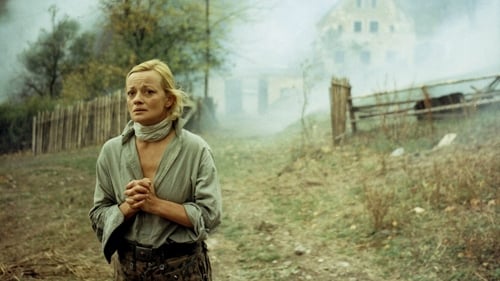
Writer
Drama set on an isolated farm on the Czech-Polish border immediately after the end of WWII.
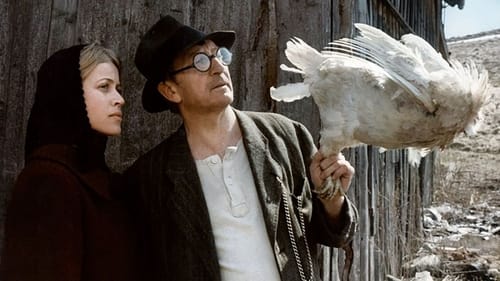
Story
In the final days of the Second World War in 1945 Frantisek Pribyl is killed during a shoot-out with the Germans. After the funeral, the widow (Jana Svandová) and her two young sons Martin and Ondra move to her deceased husband's native village at the foot of the Kralický Snezník mountains. Life in the borderlands is far from easy for the lonely woman. The village is almost deserted, food supplies are delayed; the Werwolf (Nazi guerrilla squads) are hiding in the mountains, and shooting is heard from time to time. The elder son Ondra (Michal Dlouhý) is helping out his mother and at the same time absorbing intense new experiences. He meets an old Czech resident Skurek (Lubomír Kostelka), German women working in the forest, soldiers from the engineering units removing the mines, and a young first lieutenant. At night he dreams about his dead father whom he loved very much. This is why he runs away from home when he finds out that the lieutenant is courting his mother.

Writer
In the final days of the Second World War in 1945 Frantisek Pribyl is killed during a shoot-out with the Germans. After the funeral, the widow (Jana Svandová) and her two young sons Martin and Ondra move to her deceased husband's native village at the foot of the Kralický Snezník mountains. Life in the borderlands is far from easy for the lonely woman. The village is almost deserted, food supplies are delayed; the Werwolf (Nazi guerrilla squads) are hiding in the mountains, and shooting is heard from time to time. The elder son Ondra (Michal Dlouhý) is helping out his mother and at the same time absorbing intense new experiences. He meets an old Czech resident Skurek (Lubomír Kostelka), German women working in the forest, soldiers from the engineering units removing the mines, and a young first lieutenant. At night he dreams about his dead father whom he loved very much. This is why he runs away from home when he finds out that the lieutenant is courting his mother.

Screenplay
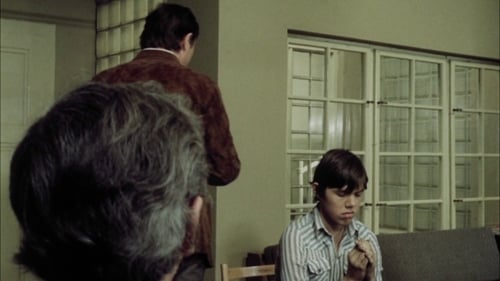
Screenplay
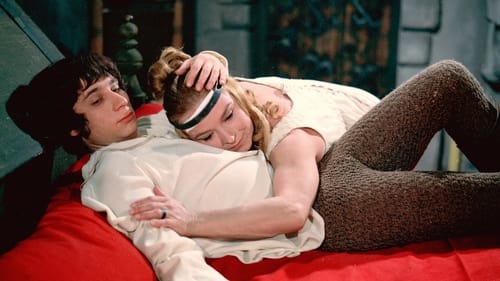
Screenplay

Screenplay
According to one Beskydy Mountains legend, if you do a good deed you will see silver trees. Little Ondra knows trees like that. In his family's cottage hangs a picture showing silver firs, a person falling from a height and a watch. In art lessons Ondra paints trees of the same kind. - One day Lojzek Hojgr, a man who climbs fir trees to gather the seeds, comes to see Ondra's parents. Long-ago Ondra's father has had such a job and Lojzek is his long-time friend. Hojgr moves into a half-ruined wood cabin. Ondra's father takes him on a visit to Lojzek and both demonstrate the beautiful but dangerous work of seed-gathering to the boy.

Story
According to one Beskydy Mountains legend, if you do a good deed you will see silver trees. Little Ondra knows trees like that. In his family's cottage hangs a picture showing silver firs, a person falling from a height and a watch. In art lessons Ondra paints trees of the same kind. - One day Lojzek Hojgr, a man who climbs fir trees to gather the seeds, comes to see Ondra's parents. Long-ago Ondra's father has had such a job and Lojzek is his long-time friend. Hojgr moves into a half-ruined wood cabin. Ondra's father takes him on a visit to Lojzek and both demonstrate the beautiful but dangerous work of seed-gathering to the boy.
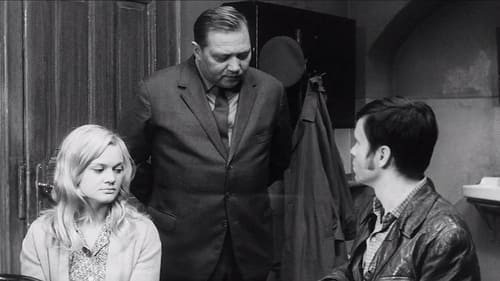
Dramaturgy
Major Kalas from the Prague criminal intelligence service has been sent to a small town of Dubá in North Bohemia to help with the investigation of the puzzling death of a child. A gypsy boy has been killed three weeks ago and his body found under a rock. As the investigation continues, another dead boy is found. The boy has bled to death after someone cut his artery with a handsaw. Both deaths are obviously the work of a murderer - a perverted pedophile, sadist who gets sexual satisfaction from the sight of a young boy's blood.
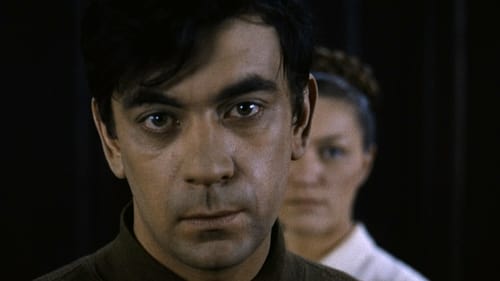
Screenplay
1945, Checoslovaquia. Después de la II Guerra Mundial, se producen masivos movimientos migratorios que alteran el mapa étnico de Europa de forma irreversible. Viktor forma parte del grupo de checos a los que les han sido adjudicadas en los Sudetes tierras pertenecientes a alemanes que, antes de ser expulsados, se ven obligados a trabajar para los checos recién llegados. De este modo, Viktor conoce a Adelheid Heinemann, la hija del dueño del palacete que ahora es de su propiedad. En un mundo devastado por las diferencias étnicas y la violencia nacerá entre ellos un amor surgido del dolor más profundo.

Novel
1945, Checoslovaquia. Después de la II Guerra Mundial, se producen masivos movimientos migratorios que alteran el mapa étnico de Europa de forma irreversible. Viktor forma parte del grupo de checos a los que les han sido adjudicadas en los Sudetes tierras pertenecientes a alemanes que, antes de ser expulsados, se ven obligados a trabajar para los checos recién llegados. De este modo, Viktor conoce a Adelheid Heinemann, la hija del dueño del palacete que ahora es de su propiedad. En un mundo devastado por las diferencias étnicas y la violencia nacerá entre ellos un amor surgido del dolor más profundo.

Dramaturgy
Young script-writer Frantisek (Petr Cepek) is hired to write a film script based on the successful novel Looking Back. He meets with the novel's female author, a University professor and writer named Olga Machová (Jirina Trebická), approximately ten-years-older than him. In the beginning, they do not understand each other at all. Frantisek is a skeptic experiencing a moral crisis, unsatisfied with both his work and his private life - he lives separated from his wife and has no deeper feelings for his numerous lovers. He even gets drunk from time to time and breaks the public peace. Olga is lonesome, too, but considers her life fulfilled.
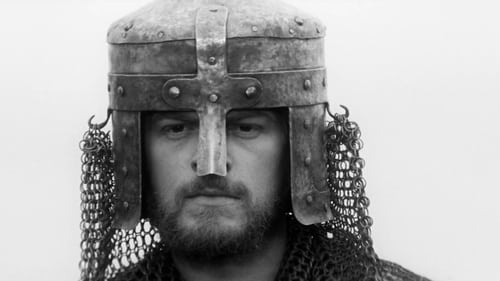
Story
El conflicto entre razón y fe, la ausencia de Dios y la mentalidad pagana fue el eje argumental de una de las películas más recordadas de Frantisek Vlácil: El valle de las abejas.

Screenplay
El conflicto entre razón y fe, la ausencia de Dios y la mentalidad pagana fue el eje argumental de una de las películas más recordadas de Frantisek Vlácil: El valle de las abejas.
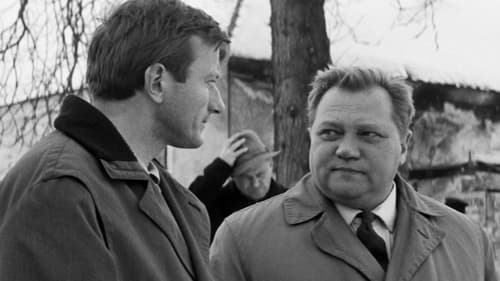
Dramaturgy
In the forest near the village of Drahovice, a nurse from the local health center is found murdered. Three months ago, another young woman died nearby and a sexual motive was proved in the case of her murder. In the case of the nurse, the motives are not so clear. Two criminologists from Prague - Major Kalas (Rudolf Hrusínský) and Lieutenant Varga (Radoslav Brzobohatý) - patiently collect all available leads and question the villagers.

Screenplay

Story

Screenplay

Story

Screenplay

Story













